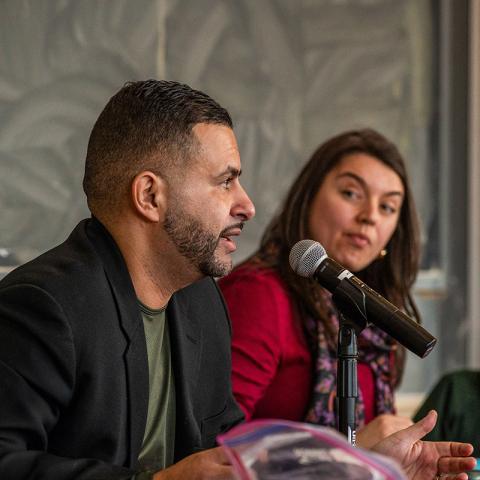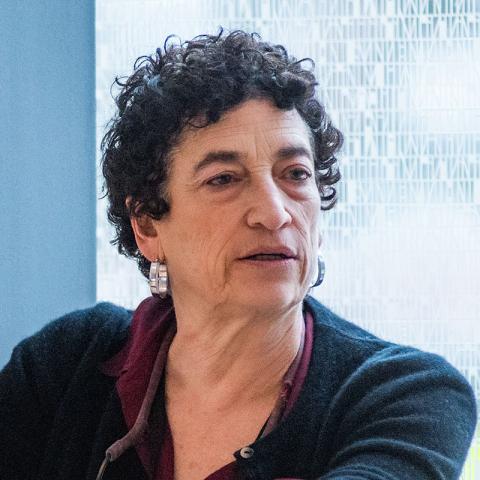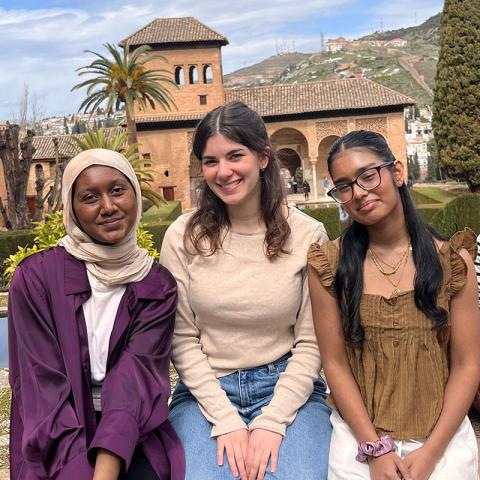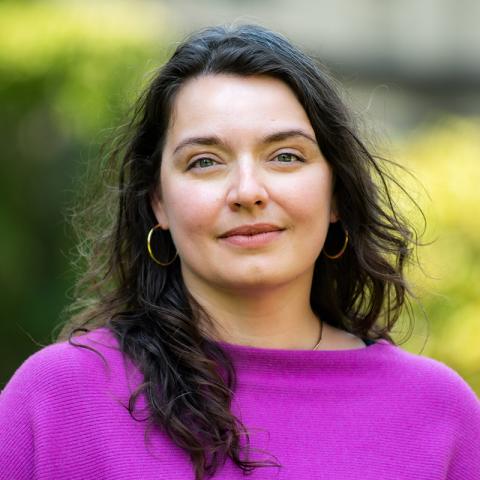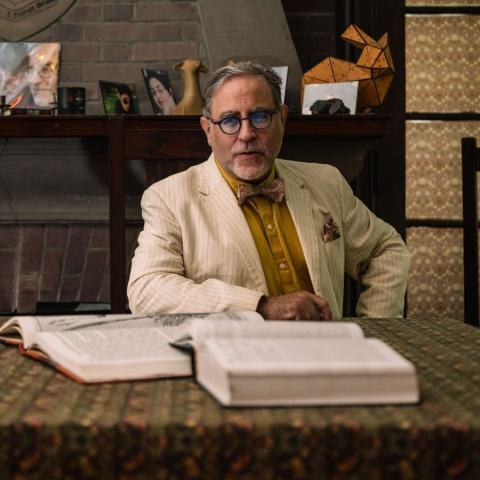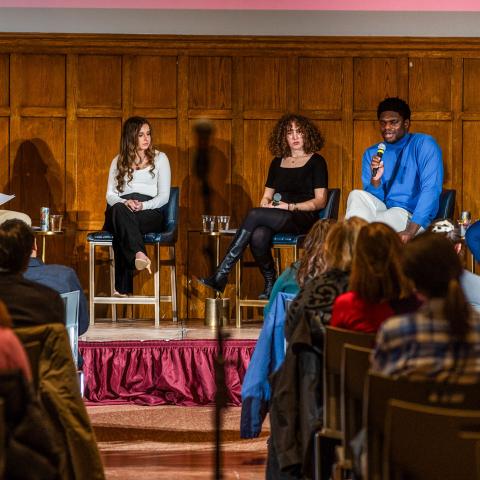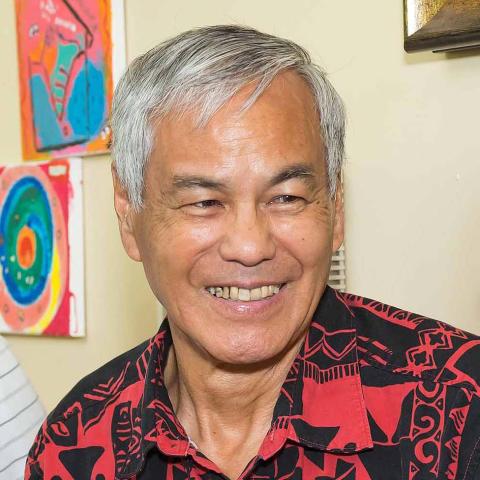In the Religion Department we consider in rigorous ways the most profound issues that human beings face, such as understanding suffering and pain, searching for an ethical life, building community with others, and finding meaning.
The academic study of religion is an interdisciplinary exploration of these issues and of other phenomena we call “religious” around the world.
Faculty in our department use historical methods to understand how religious communities and practices change over time; they delve deep into primary religious texts; they use comparative methods to analyze ritual, popular culture, race, gender, media, art, and material culture in different settings; and they employ sociological, psychological, and anthropological methods to study how religiosity and spirituality shape social and individual life. Our classes critically explore the complexities of religion around the globe, looking at how religion—as a category and practice—plays a key role in today’s urgent political and social problems.
The Department’s goals for our students include:
- Developing an awareness of and passion for their own educational projects
- Considering multiple perspectives on religious experience and practice
- Understanding how important religion is in culture and in particular in social and political movements
- Reading deeply and writing and speaking clearly about religious thought and practice
We would like students to be conversant in a number of areas in the study of religion and to encounter religion as an unstable and capacious category.
Our department is active in many multidisciplinary programs. Members of the department participate in Asian Studies, Jewish Studies, Africana Studies, Medieval and Renaissance Studies, International Studies, Women’s Studies, American Studies, and STS. We do so with the understanding that the study of religion at its core is a multidisciplinary and interdisciplinary area of inquiry. Our department thus plays a critical role in Vassar’s liberal arts curriculum.
